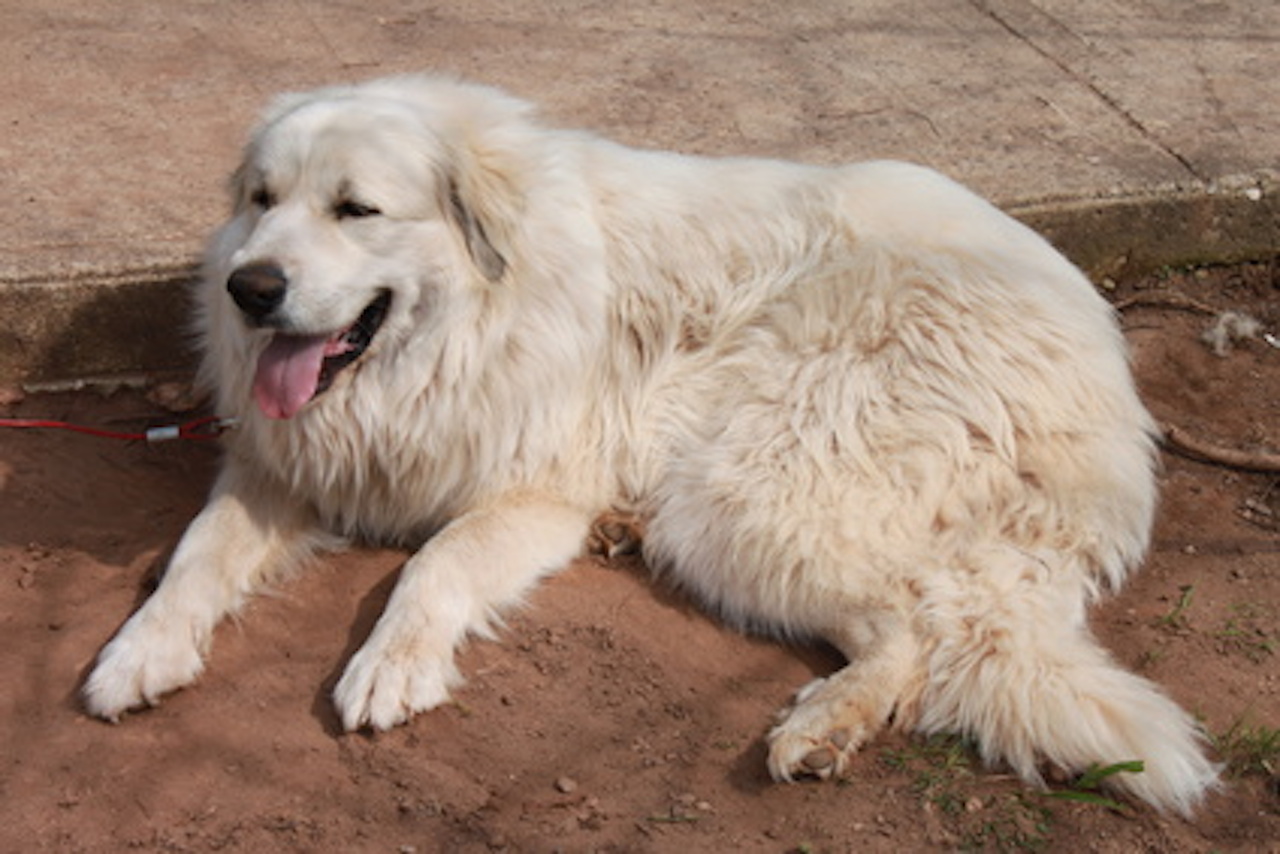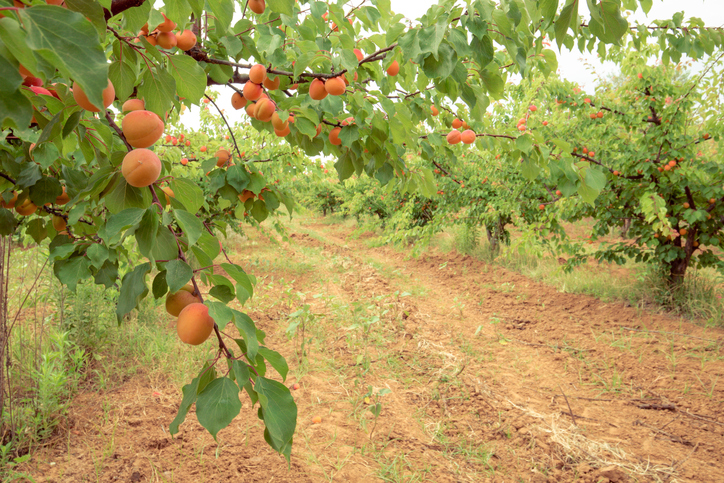pant
(noun, verb)
/pænt/
 LISTEN
LISTEN


A panting dog
As a verb, pant means ‘to breathe quickly and with difficulty, usually after making an effort or out of excitement.’ It also means ‘to speak quickly while breathing deeply.’ If you pant for something, it means that you really want it. As a noun, a pant is a short and quick breath. We often see dogs panting when they’re excited, tired, or hot.
Example sentences
- It was my first boxing class and I was panting and sweating after the first five minutes.
- I was so excited to be elected president of my high school class; I couldn't stop panting as I told my parents the news.
- "It's too hot in here; can we open the window?" she panted.
- Lucy was panting for revenge when her boyfriend cheated on her.
- Tom was trying to say something, but I couldn't hear through his pants.
- Dogs stick out their tongues and pant when they're hot because it helps them cool down.
In pop culture
Listen to AC/DC singing “Sweet Candy” here. Listen out for the lyric “She really rolls the dice, panting in wait.”
Did you know?
A similar word to pant is gasp. You can use gasp in most instances where you would use pant, but gasp can also be a sharp intake of breath due to surprise or fear, and you can’t use pant for that meaning. For example, “Martin gasped when an air conditioner suddenly fell out of a window and onto the sidewalk in front of him.”
Don't confuse it with
Don’t confuse it with pants. The noun pants is always used in the plural and it means ‘trousers’ in the US or ‘underwear’ in the UK. However, pant as an adjective can mean ‘relating to pants.’ For example, a pant leg is one side of a pair of pants.
Other forms
pantingly (adverb)
Origin
Pant dates back to the mid-15th century, but its origin is uncertain. Most linguists believe that the Middle English verb panten was probably a shortening of the Old French verb pantaisier (‘to pant, gasp or puff,’ ‘to be out of breath’ or ‘to be in distress’), from the Vulgar Latin pantasiare (literally, ‘to have visions,’ but ‘figuratively, ‘ to be distressed by a nightmare’ or ‘to struggle breathing during a nightmare’). It can be traced back to the Greek phantasioun (‘to have or form images’ or ‘to subject to hallucinations’) from phantasia (appearance, image or fantasy), and ultimately from the Proto-Indo-European root bha– (to shine). Pant is related to the Sanskrit bhati (shines or glitters), the Greek phainein (to bring to light or to make appear) and phantazein (to make visible or display) and the Old Irish ban (‘white,’ ‘light’ or ‘ray of light’), as well fantasy and fancy, and many other English words. The noun, meaning ‘a gasping breath,’ dates back to around the year 1500, and comes from the verb.
Word of the Day is released Monday through Friday.



